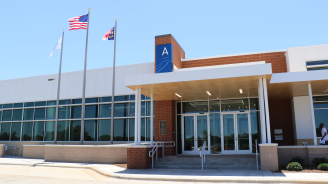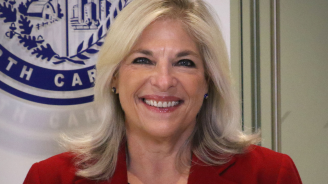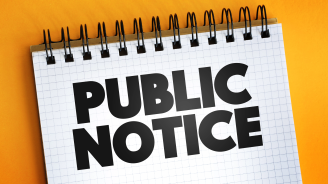
Department of Social Services
We strengthen families and communities through a safety-net of services, collaborations, and hope.
The Mecklenburg County department of social services provides various forms of financial assistance, services and support to families and individuals.
Child, Family and Adult Services
Department of Community Resources
From Hub








